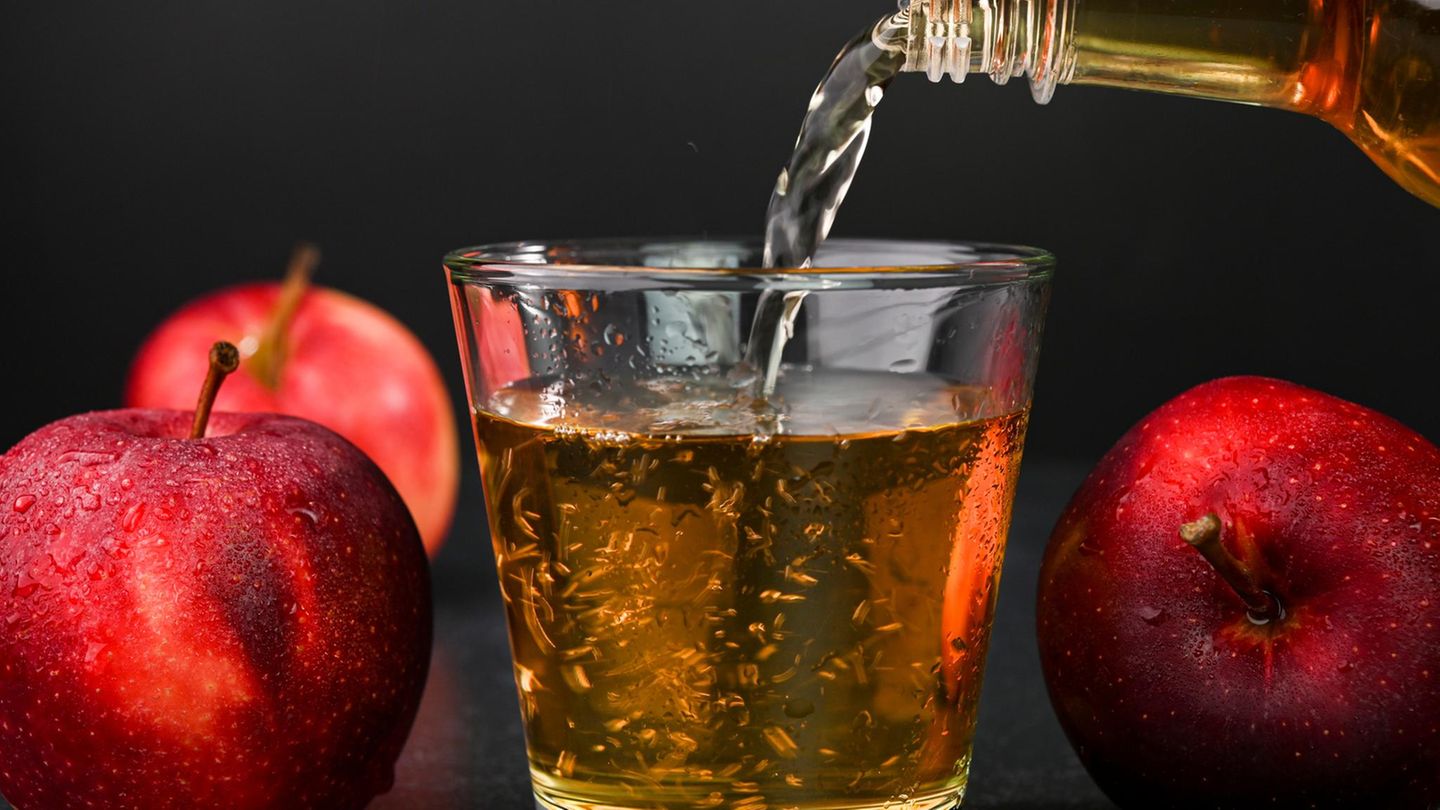The results of the mid-term elections in October (2001) dealt a severe blow to President De la Rúa and his Minister Domingo Cavallo.
After so much anarchy, justicialism was strengthened as a firm option for 2003. The government tried to reverse the accelerated deterioration of the variables, trying a package of measures that would be the seventh since 1999. There was no political consensus to achieve support and initiate recovery confidence, amid the economic depression without precedent and a world shaken by the attacks in the US Cavallo stubbornly tried within the “zero deficit” scheme, given the strict financing restriction that let Argentina “fall of the world”.
However, the economic team had played hard to meet the fiscal balance, while negotiating the exchange of public debt securities through obtaining additional guarantees to those of the IMF loan, which reached US $ 3 billion. In August and September 2001, it achieved the objective of balancing the accounts, but without complying with contracted commitments (default of the transfers to the provinces of the co-participation guarantee of the new Fiscal Pact).
Collection had fallen dramatically in August 2001, collapsed in September and October, as a result of the fall in economic activity indicators in the third quarter, with the most bizarre negative variations in the last ten years, amid political uncertainty. , fading of credit and absence of providential expectations.
All this in the framework of a negative external context, which resulted in lower world economic growth, discouraging the flow of capital to emerging countries, amid a deterioration in the price of commodities.
The loss of fiscal income exacerbated the confrontation with the provincial governors, whose administrations stopped receiving the minimum amount of coparticipating taxes of $ 1,364 million per month guaranteed in December 2000.
In the first week of October 2001, the Ministry of Finance was able to transfer to the provinces only $ 11 million out of the corresponding $ 350 million. For the fourth quarter of 2001, it had to cut spending authorizations for budget items to only 20% of the amounts in the different public departments. López Murphy had preached that if public spending was reduced, country risk would drop, and thus interest rates would drop. A presumed success of that strategy would take years and the oven was not for buns. The minister did not calculate the time or the social cost well. Obviously, it is not possible to violate what the basic manuals say in a recessive situation, applying restrictive measures that could work “by sticks” in the long term. The 14% drop in tax collection in September was precisely due to the adjustment that caused an extra deficit of $ 530 million, a figure higher than the fiscal savings that would accumulate in two months with the inhumane 13% cut in adjustable primary spending. Cavallo and Patricia Bullrich cut state salaries, pensions and pensions above $ 500. The deterioration of income explained the impracticality of meeting the goal of zero deficit by applying an adjustment.
The De la Rúa government used up the entire deficit foreseen in the agreement with the IMF in just eight months of 2001. Cavallo did not comply. That happens when it is fixed in five minutes (90% of the time with pro-market governments) and when it insists with programs that stop the activity destroying the collection. Collection falls faster than spending. This contradictory context of neoliberalism in its technocratic version was compounded by the persistent prominence of country risk, a new run on deposits in the first two weeks of October, the devaluation club working three shifts, and the exacerbation of the currency crisis. in Brazil. People marching to Plaza de Mayo full time, until the Government warned that the zero deficit was impracticable after the result of the legislative, which left the Senate and Deputies in the hands of the opposition. Quite the opposite of what is happening today to the ruling party, with a majority in both Chambers.
However, the message from the polls was similar: “Restructure the foreign debt or do not pay, but apply stimulus to consumption.”
What was Cavallo trying?
A voluntary restructuring with the financial system in stages, reducing the bizarre burden of interest and amortization on financing needs. He wanted to show the multilateral credit organizations that the Government was capable of restructuring internal debt (it was going to hurt its own first), while offering them additional guarantees to advance in a swap. The World Bank and the IDB admitted their willingness to grant US $ 5,000 million, which would be added to the US $ 3,000 agreed by the IMF at the suggestion of the US government, although all this assistance was at a very early stage. preliminary to Mingo’s dreams.
The reprofiling of interest maturities and amortizations of the national public sector for an amount of $ 2,600 million from the voluntary restructuring of the debt with domestic holders alleviated the fiscal effort necessary to meet the goal of zero deficit in 2001 and 2002. The improvement would allow to stimulate the aggregate demand, instead of placing all the emphasis on the failed mechanisms to incentivize the economy on the supply side through costly competitiveness plans. It will continue tomorrow.
Professor of Postgraduate UBA and Master’s degrees in private universities. Master in International Economic Policy, Doctor in Political Science, author of 6 books. @PabloTigani
Source From: Ambito




